Participating in an exciting STEM (Science, Technology, Engineering and Math) challenge where students worked in groups to design and engineer a free-standing structure that would hold their drill piece, using only newspaper, tape, string, pipe cleaners and popsicle sticks. The challenge was laid out, and these students set out to create a wide range of designs.
Planning and ensuring we all had an idea of what we would do made a successful tower.
Our team struggled to get our team ideas into a free-standing tower to start with.
We worked on making a solid core for our tower. We forgot the need for a strong base.
Our team set off quickly, using our knowledge of structures and the importance of strong foundations to make our metre-high tower.
The fish was a good treat for our hard work.
Students explored how steam turns the turbines, using a steam-powered engine as the model.
Seeing how the steam builds up inside the engine and how it turns the turbine was intriguing.
The steam engine has a whistle that lets you know the pressure inside the machine.
The steam engine was the best. It looked like a train but showed us the geothermal power station uses steam.
The complete circuit from the stream to the turbine, transformer, power lines and lights gave us an excellent knowledge of how the power stations make and use power.
The whistle was fun but loud.
Students then explored how water convection works with a science demonstration showing how the water moves depending on the temperature. This demonstrated what happens to the water in the group and the condenser and cooler.
The red food colour stays on the top of the water and moves to the edges.
The colours don’t mix. This was so interesting that the temperature of the water affects how it moves.
As the water cools, the colours start to move in the same direction.
Finding out the names of the different rocks and how they are made is exciting.
It was interesting seeing and talking to the experts about all the different kinds of rocks we have in Taupō.
The rocks look like they should be heavy, but most aren’t. They have different compositions.
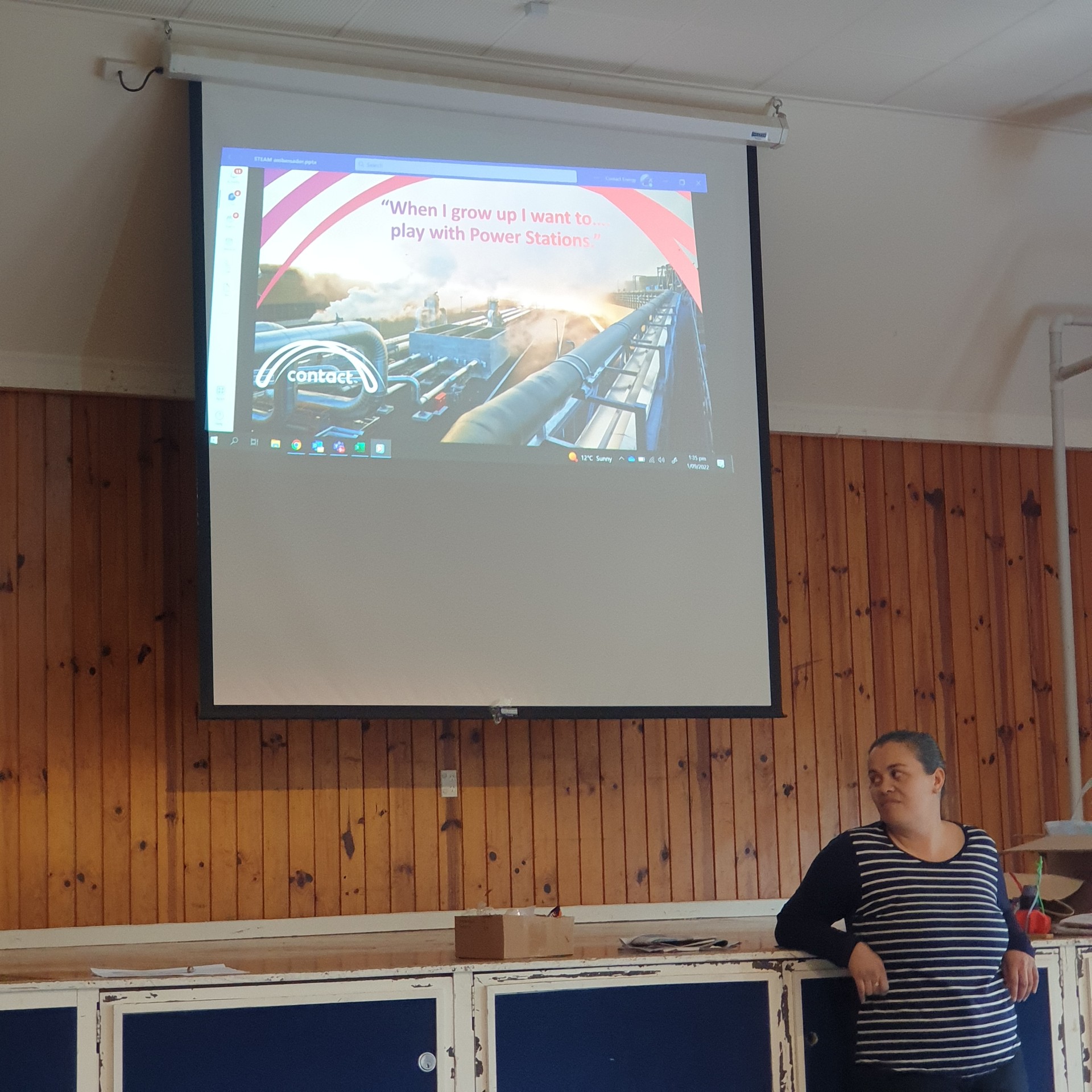
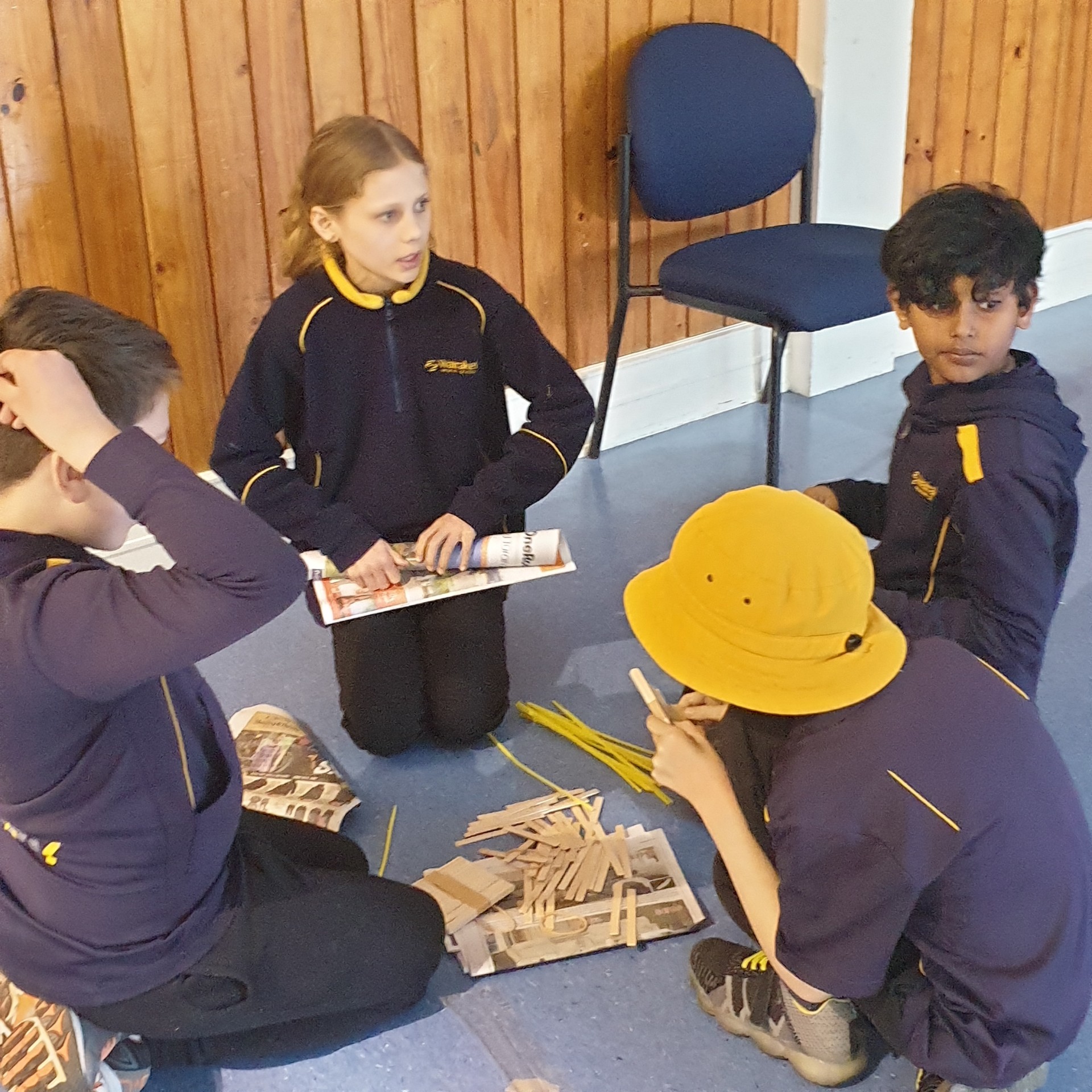
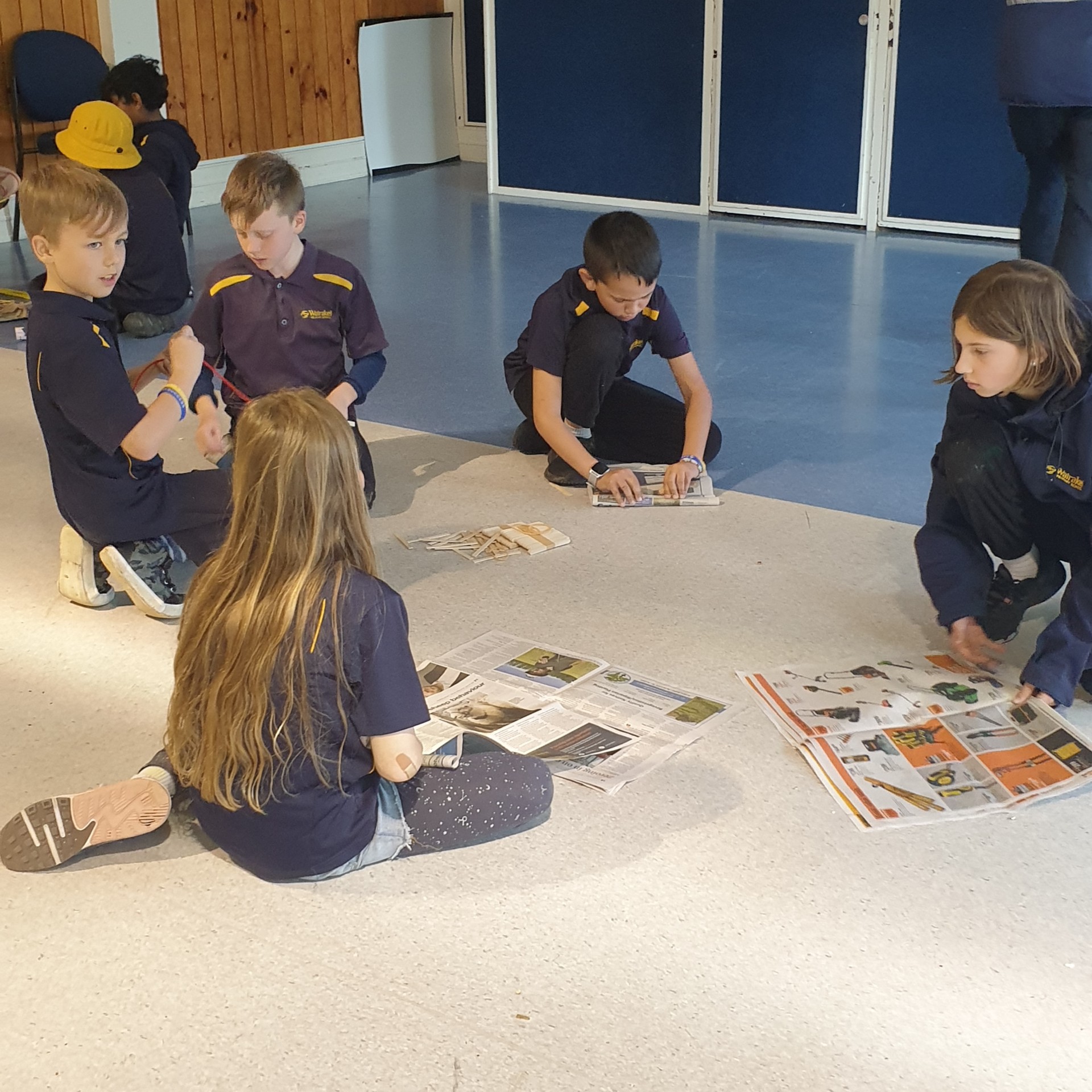
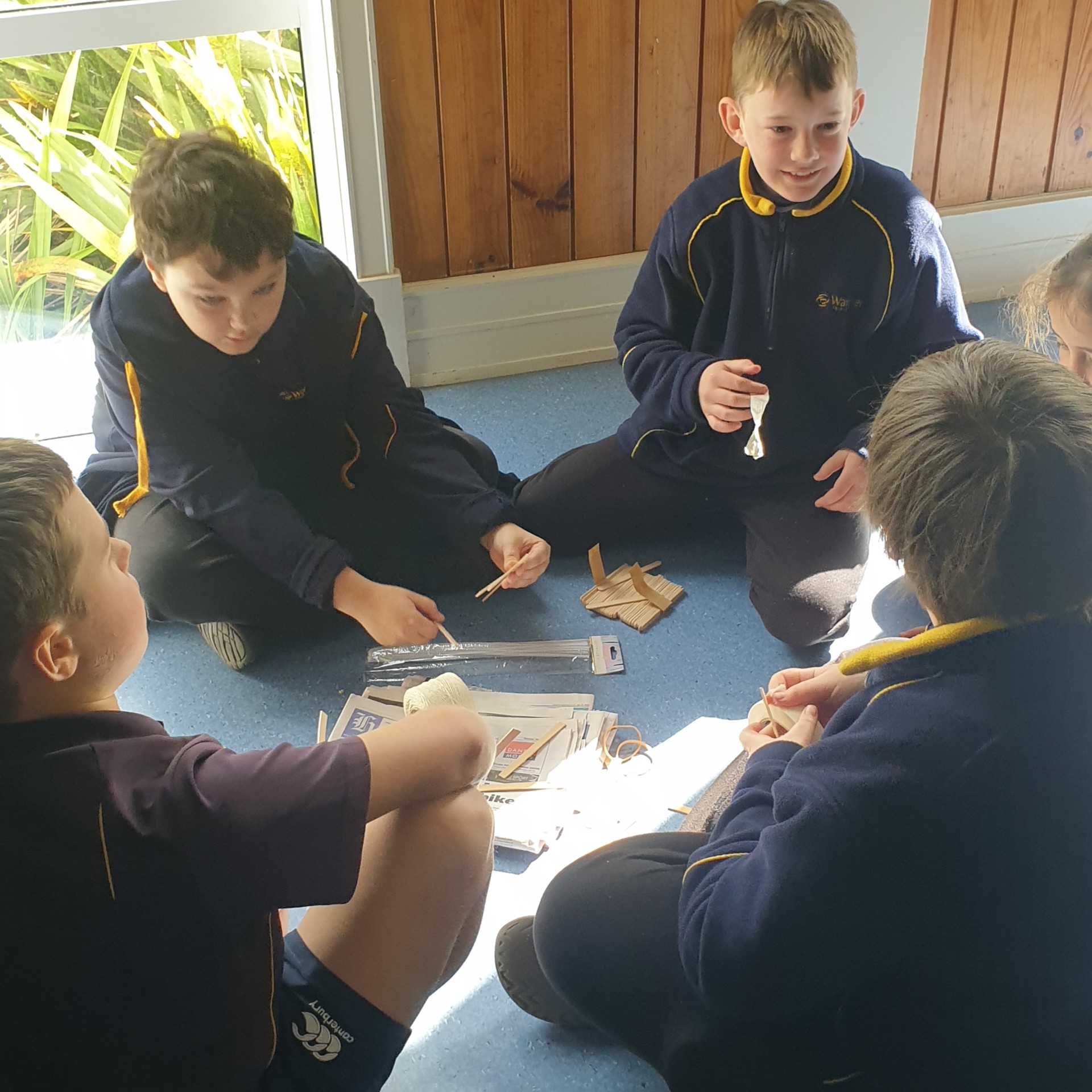
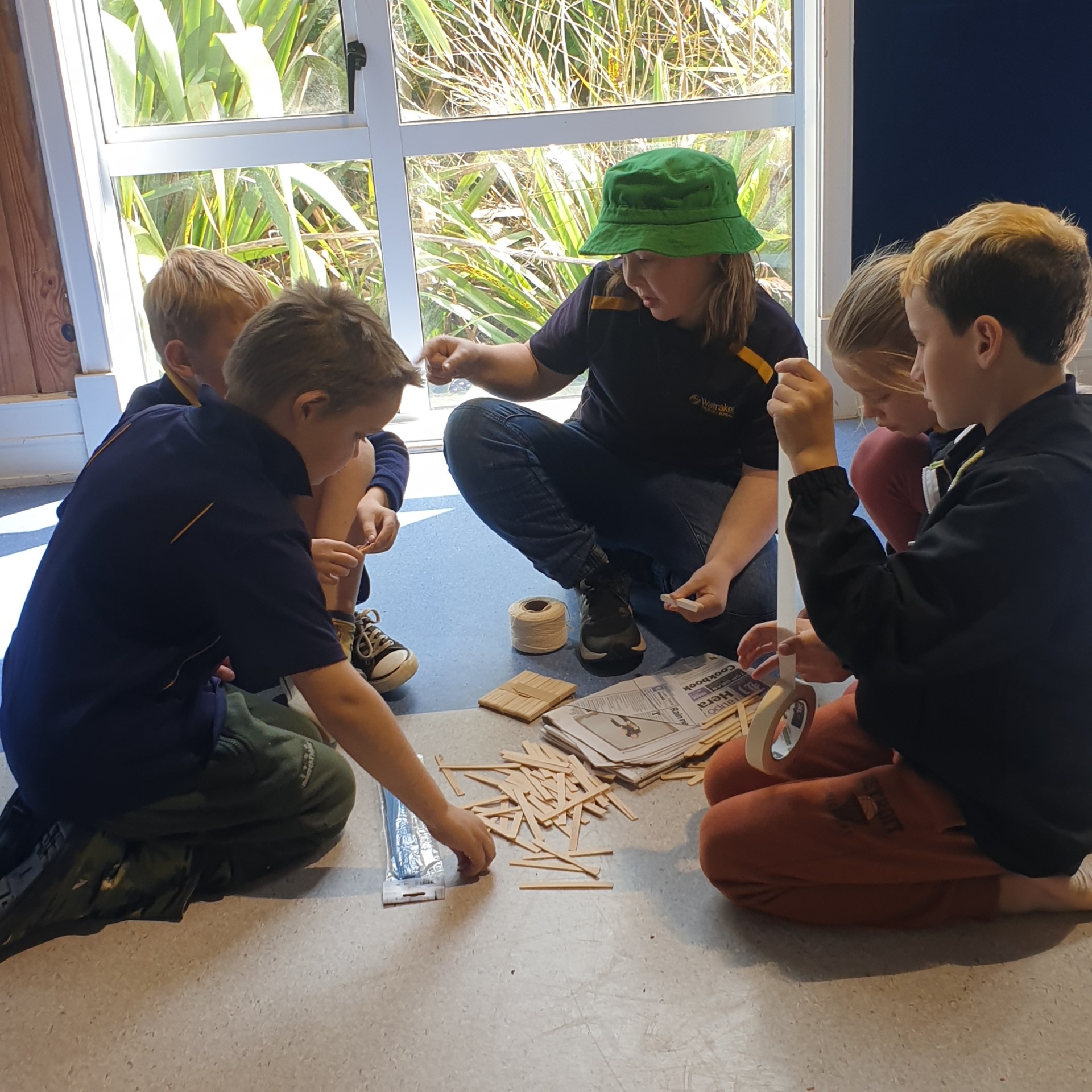
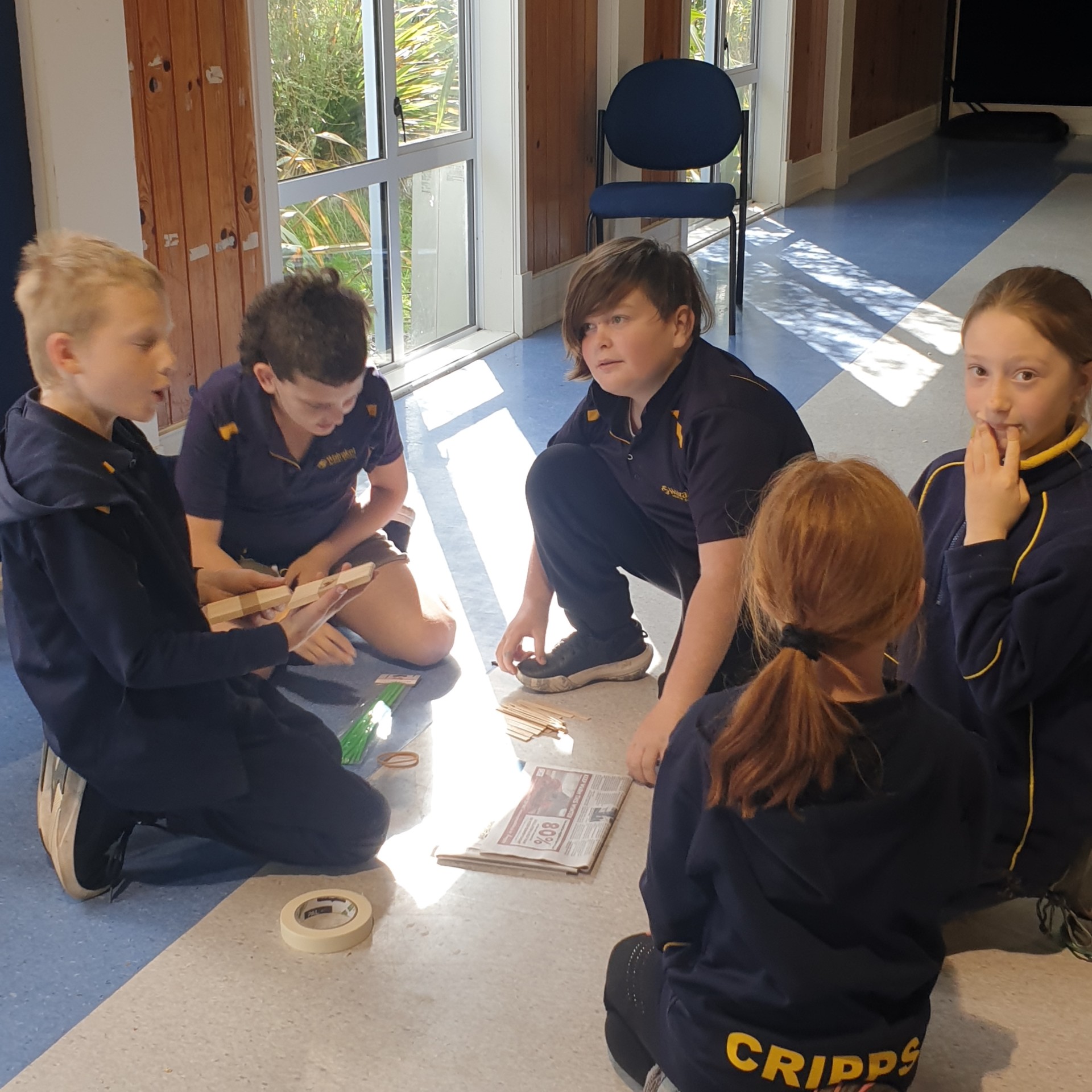
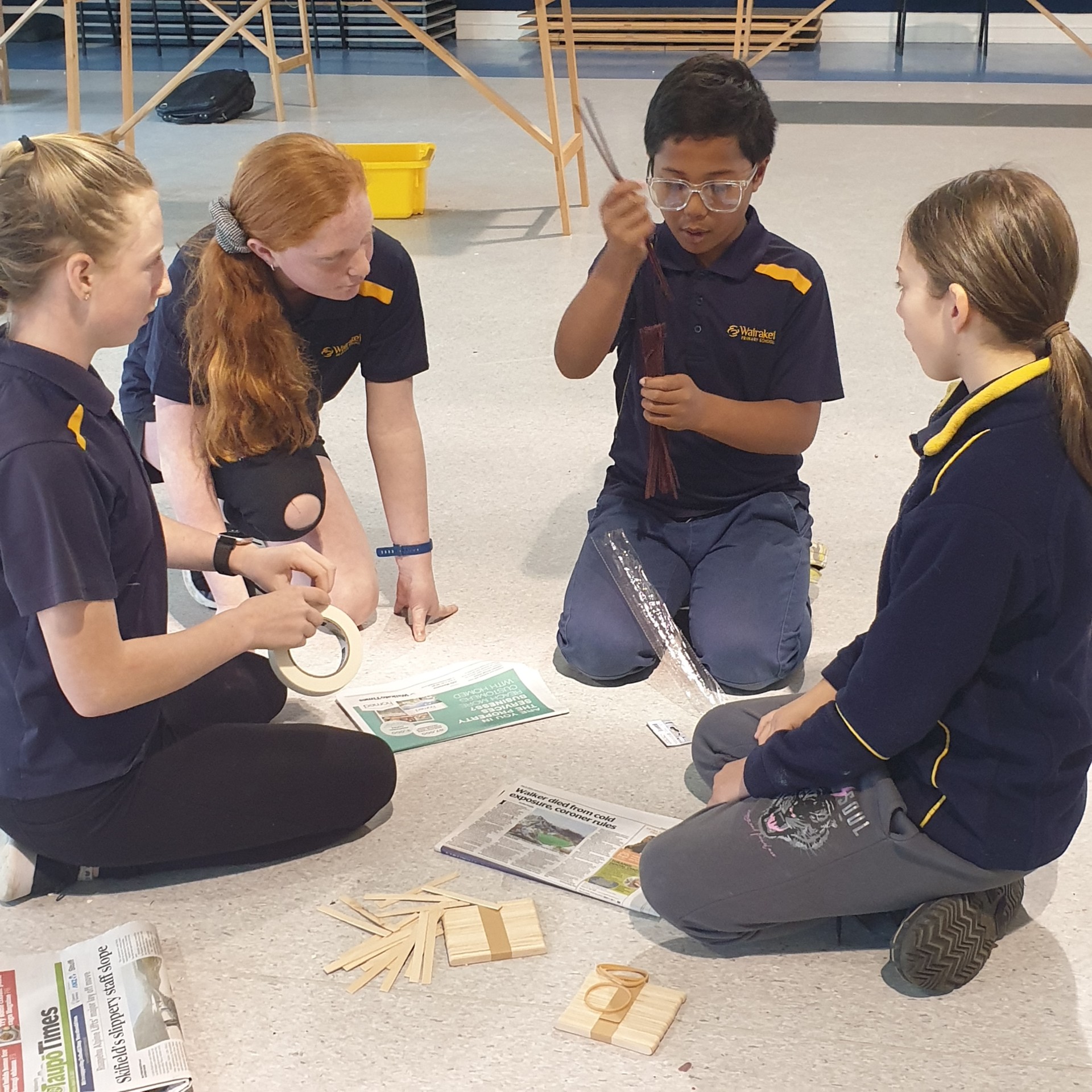
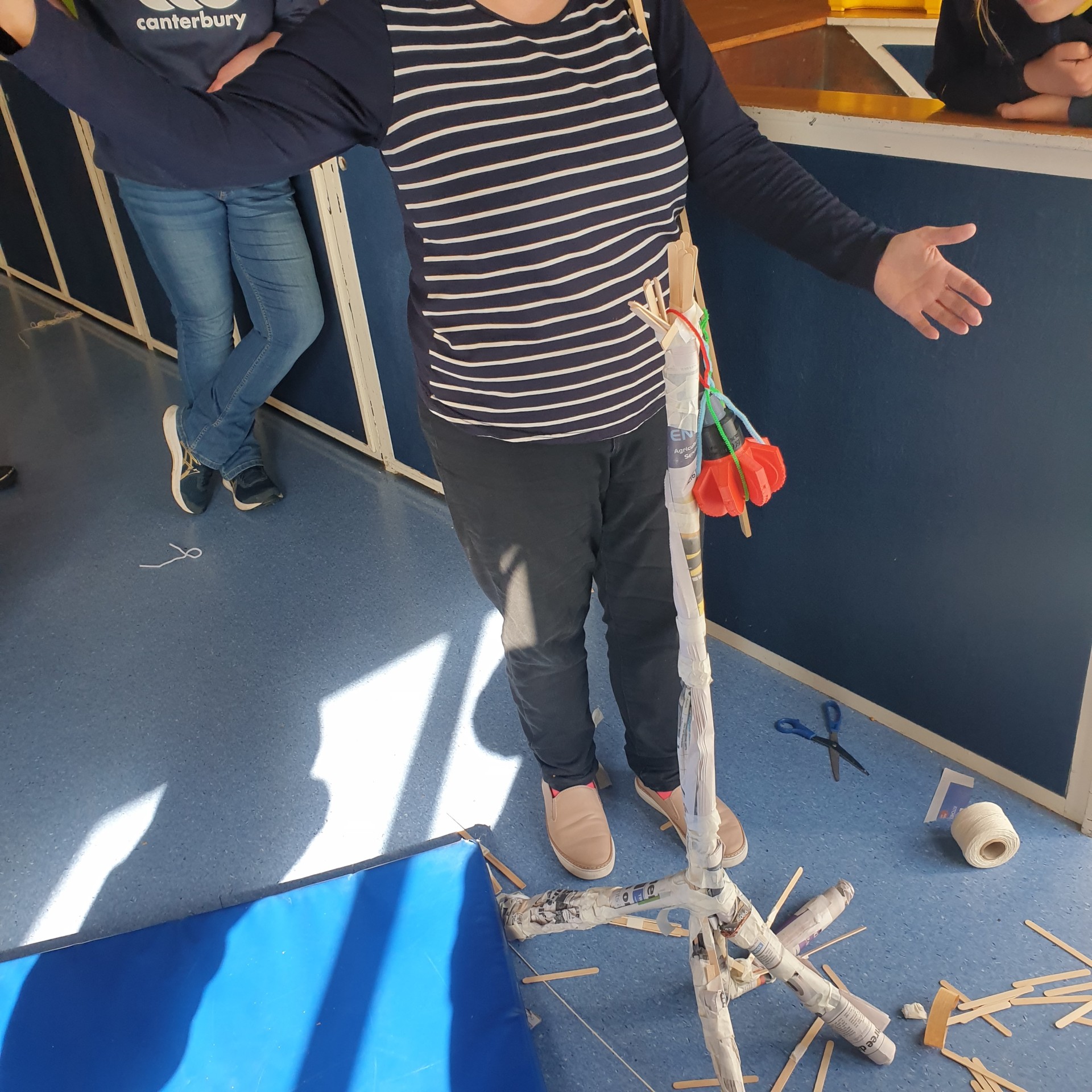
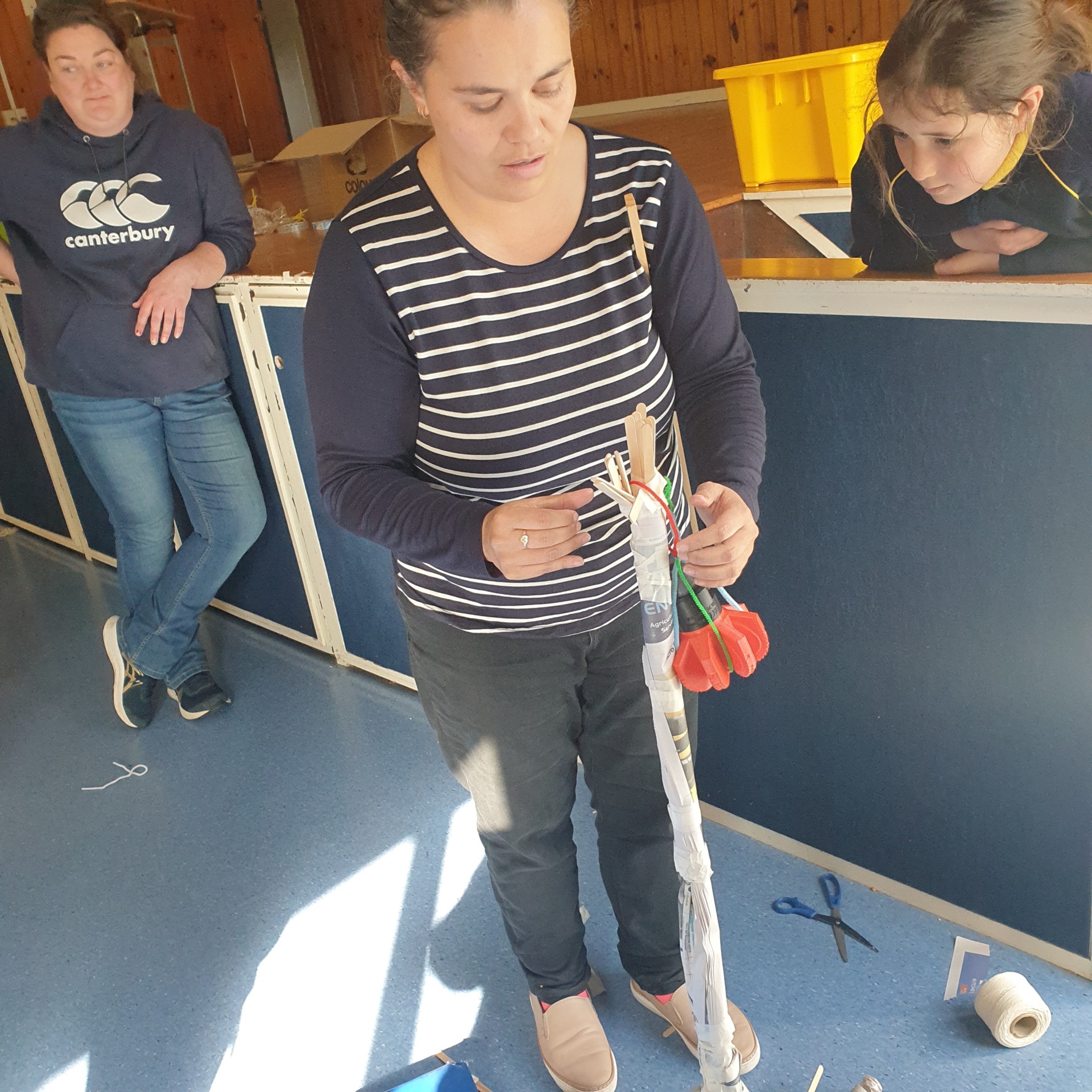
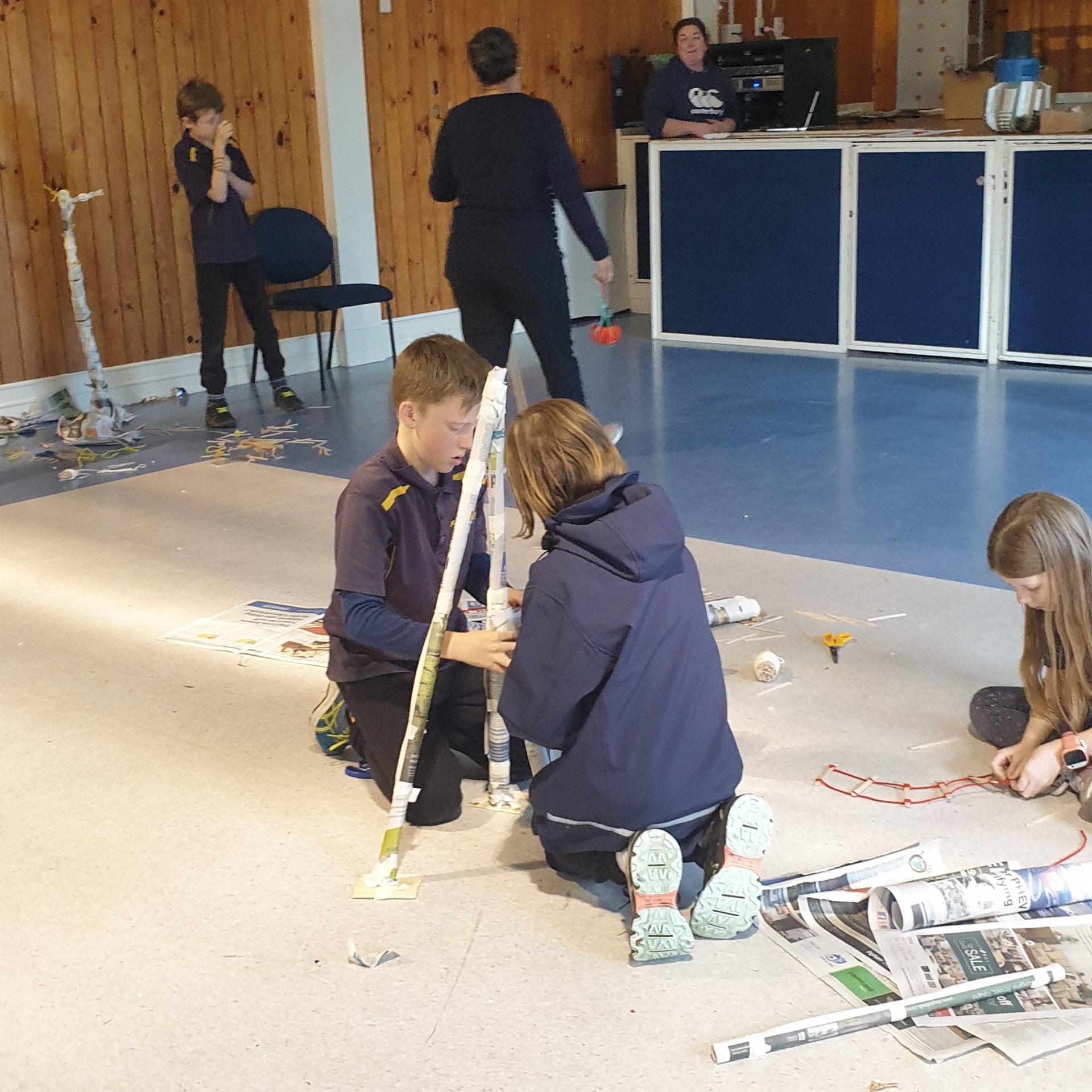
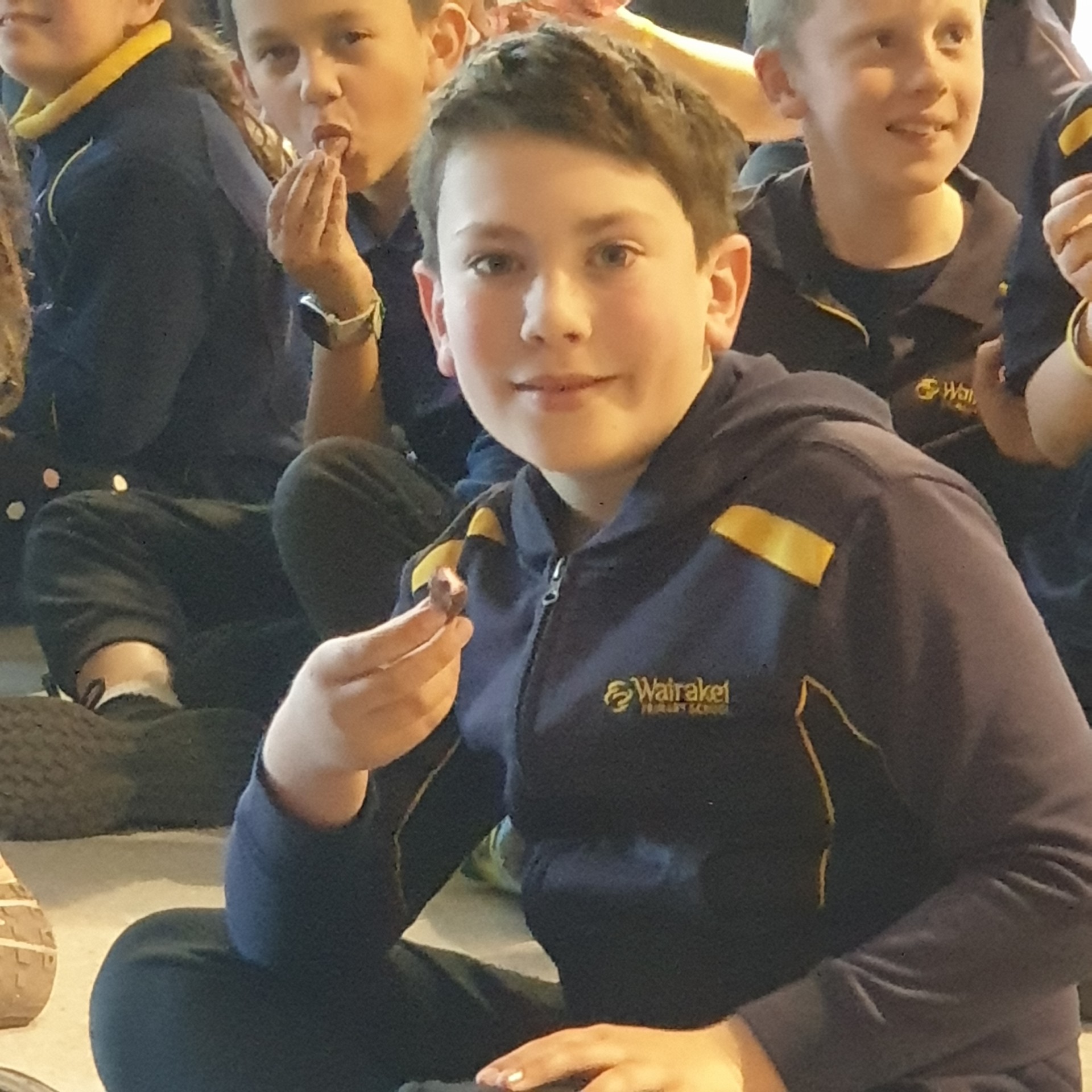
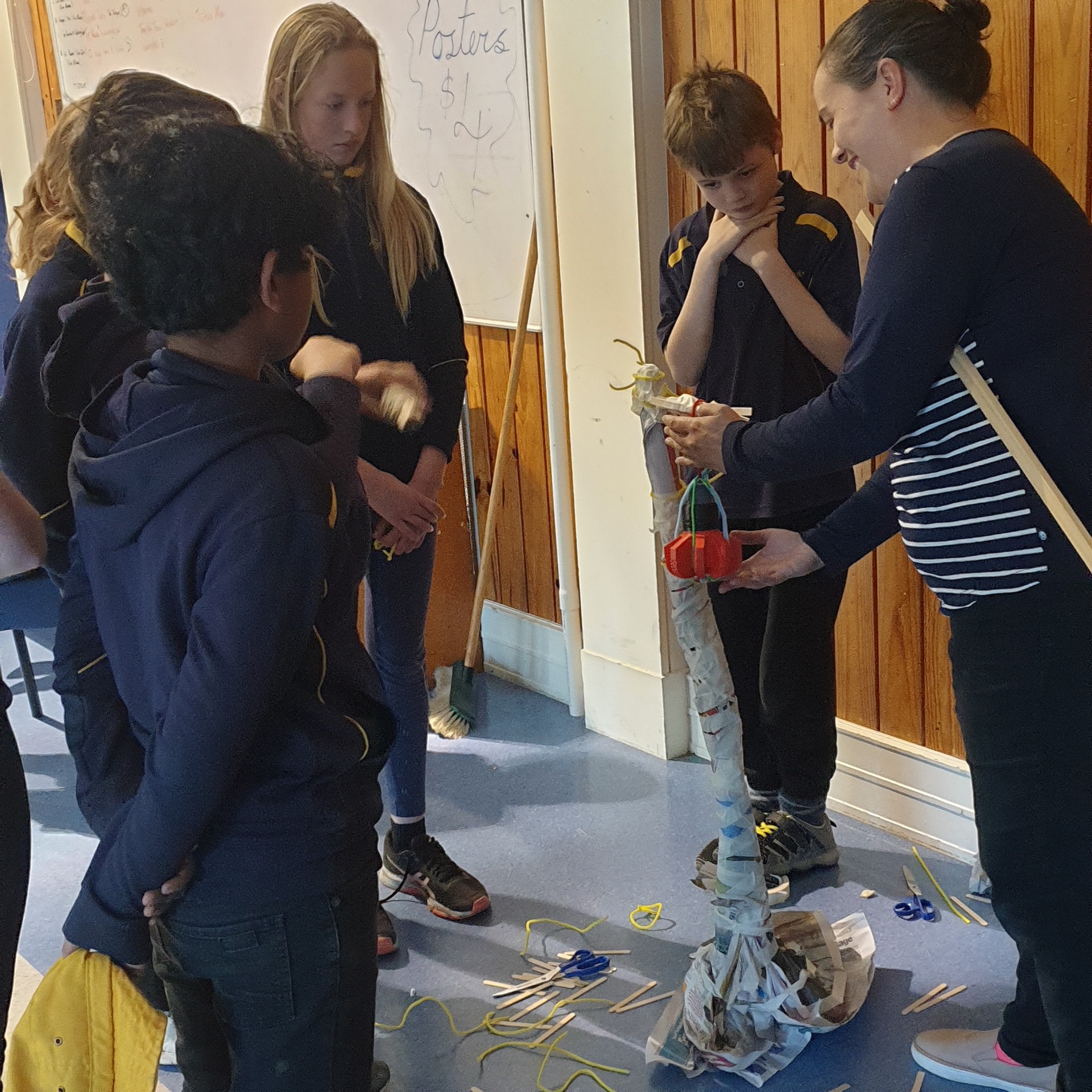
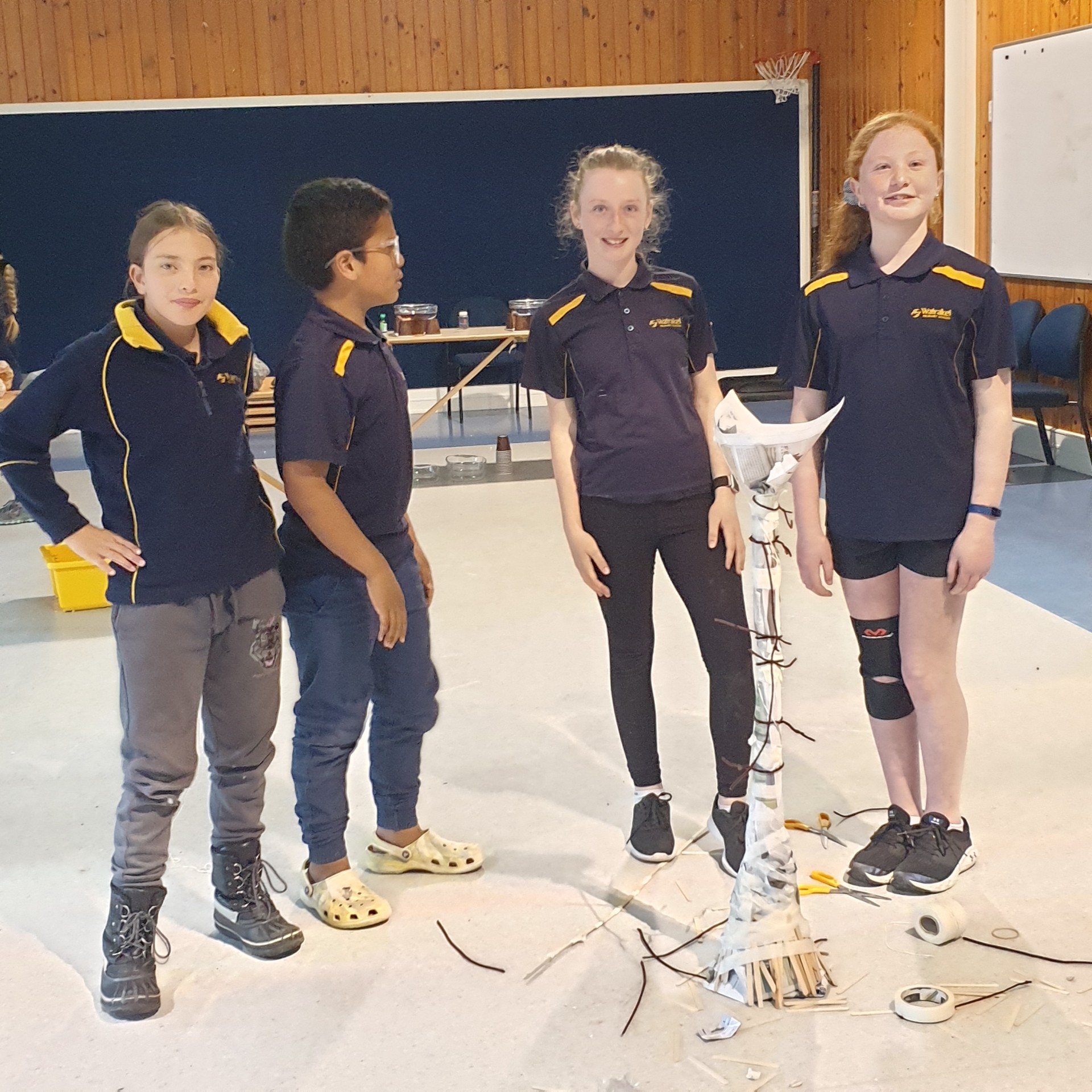
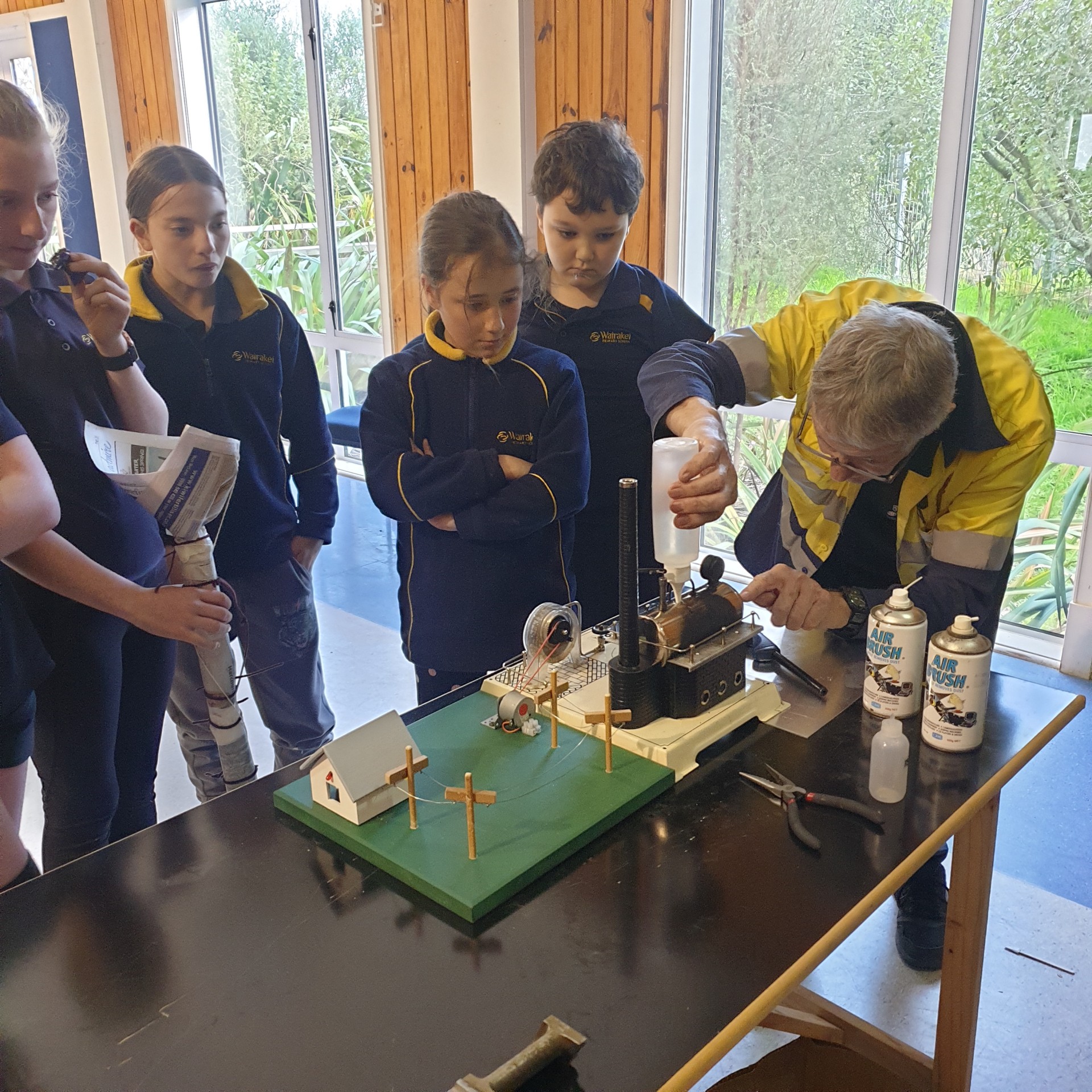
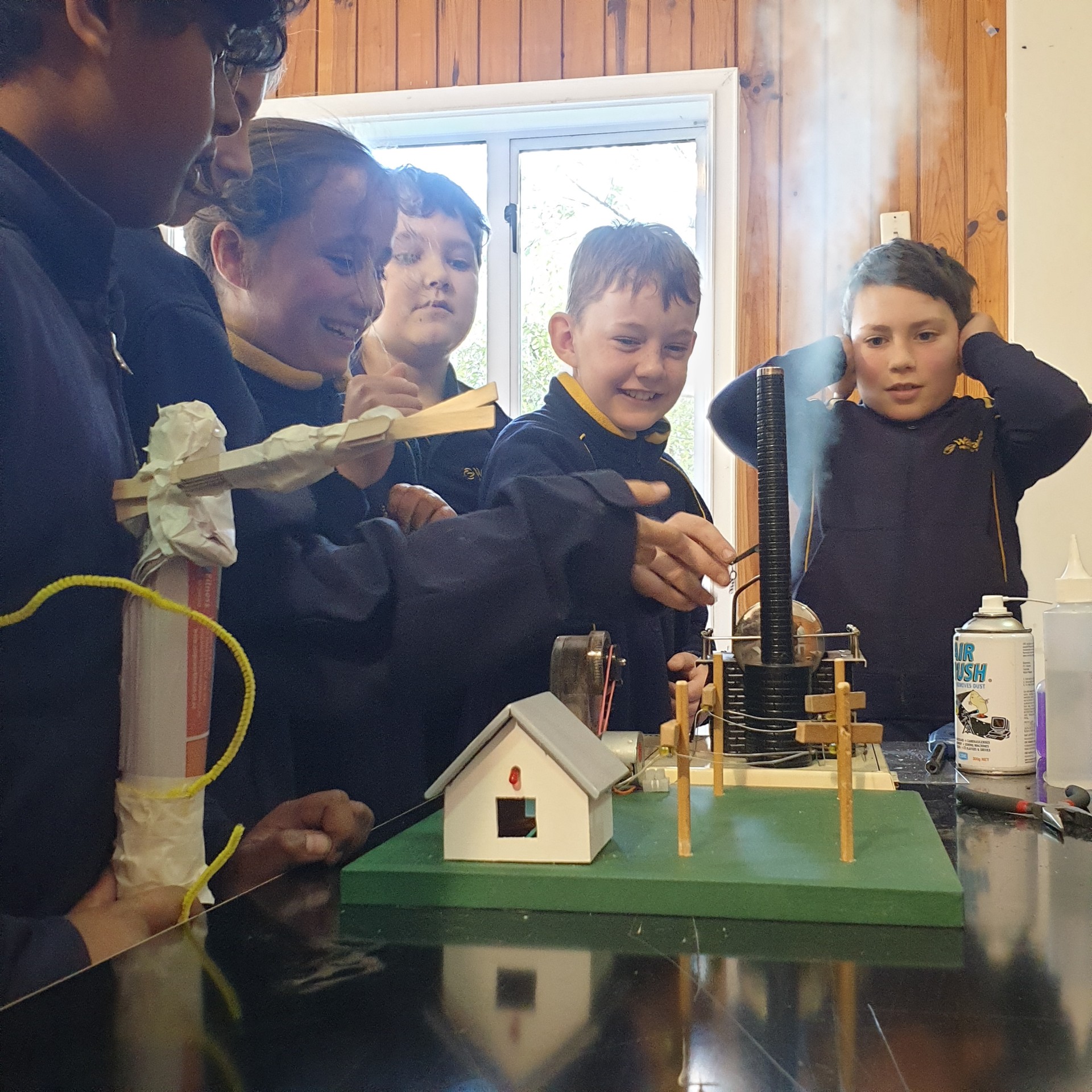
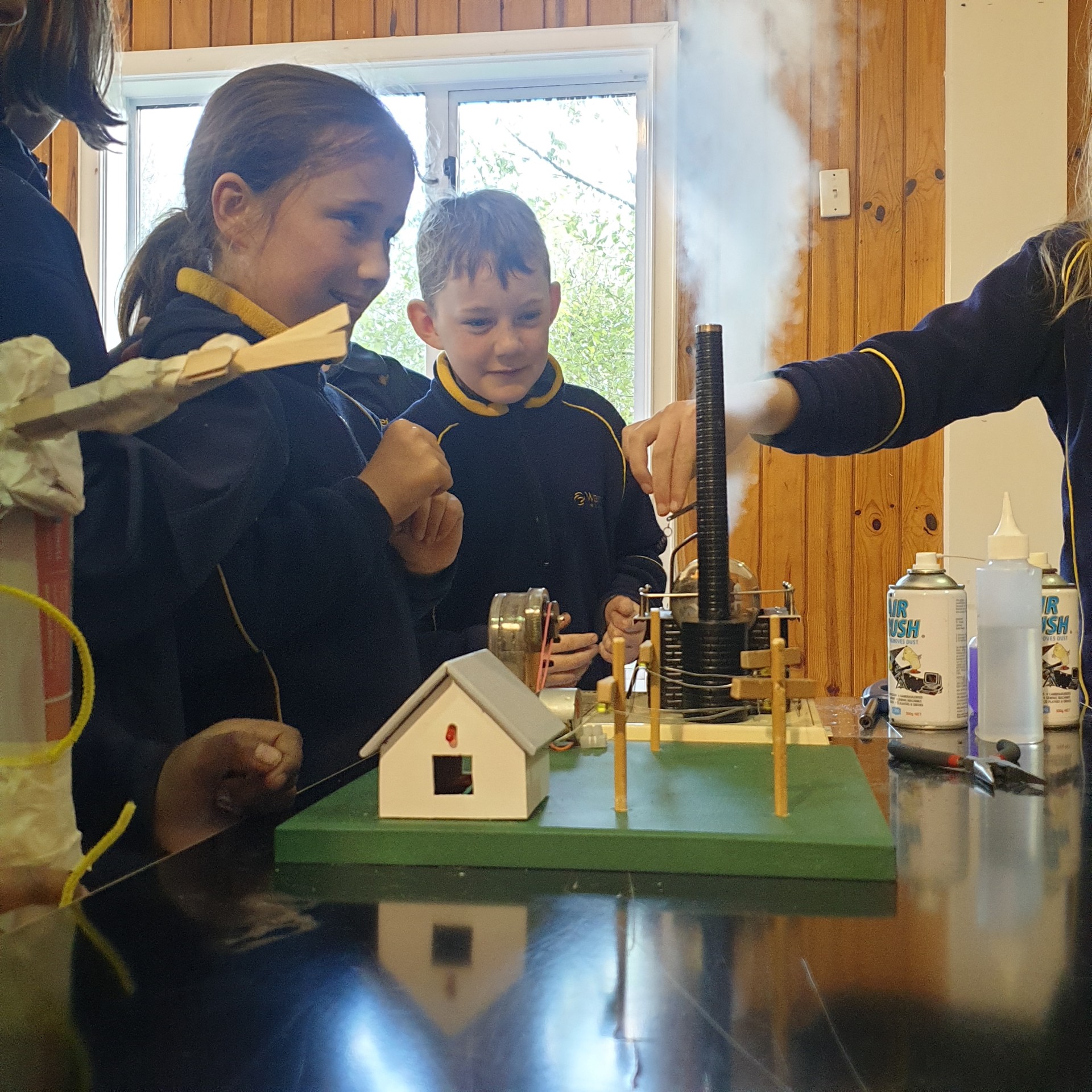
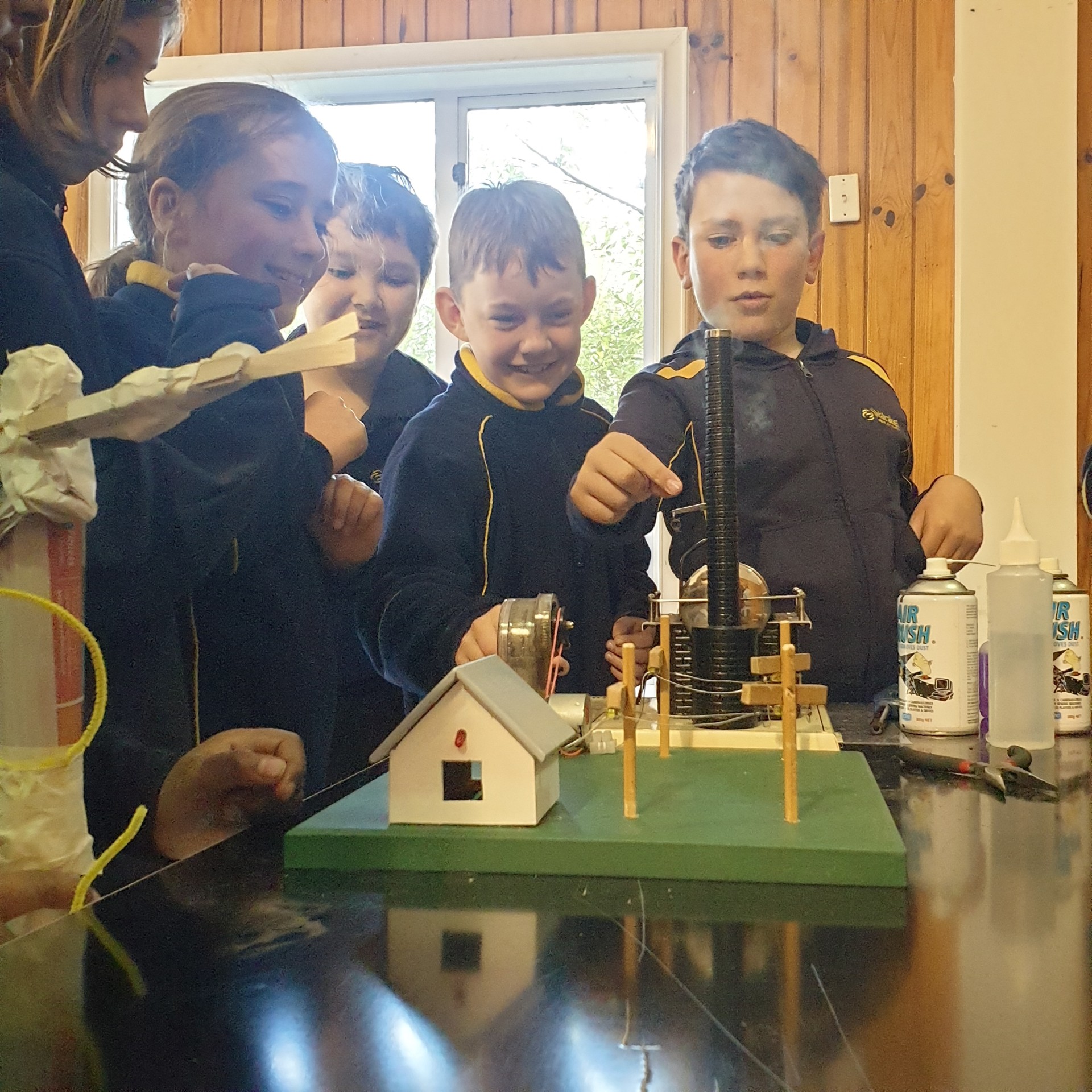
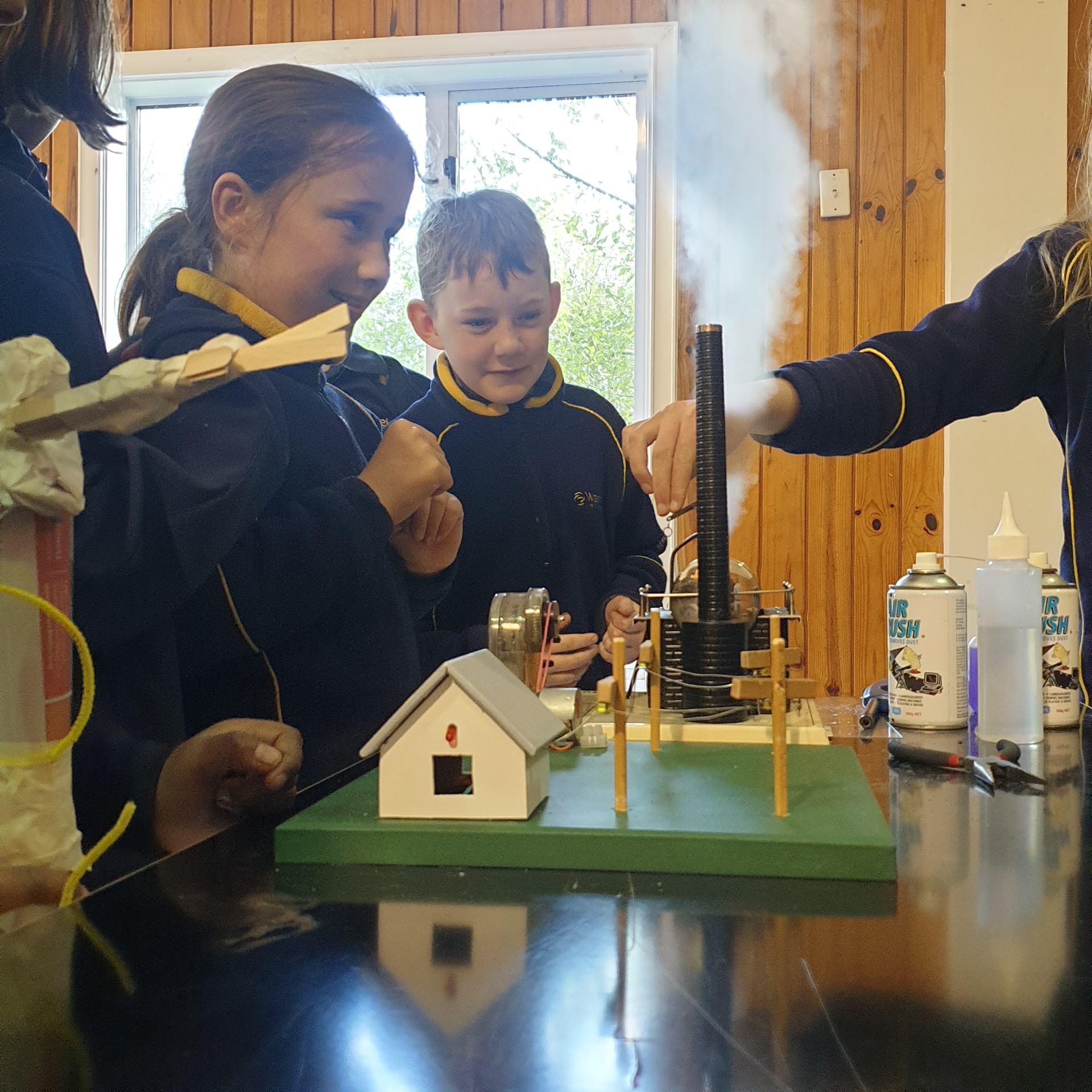
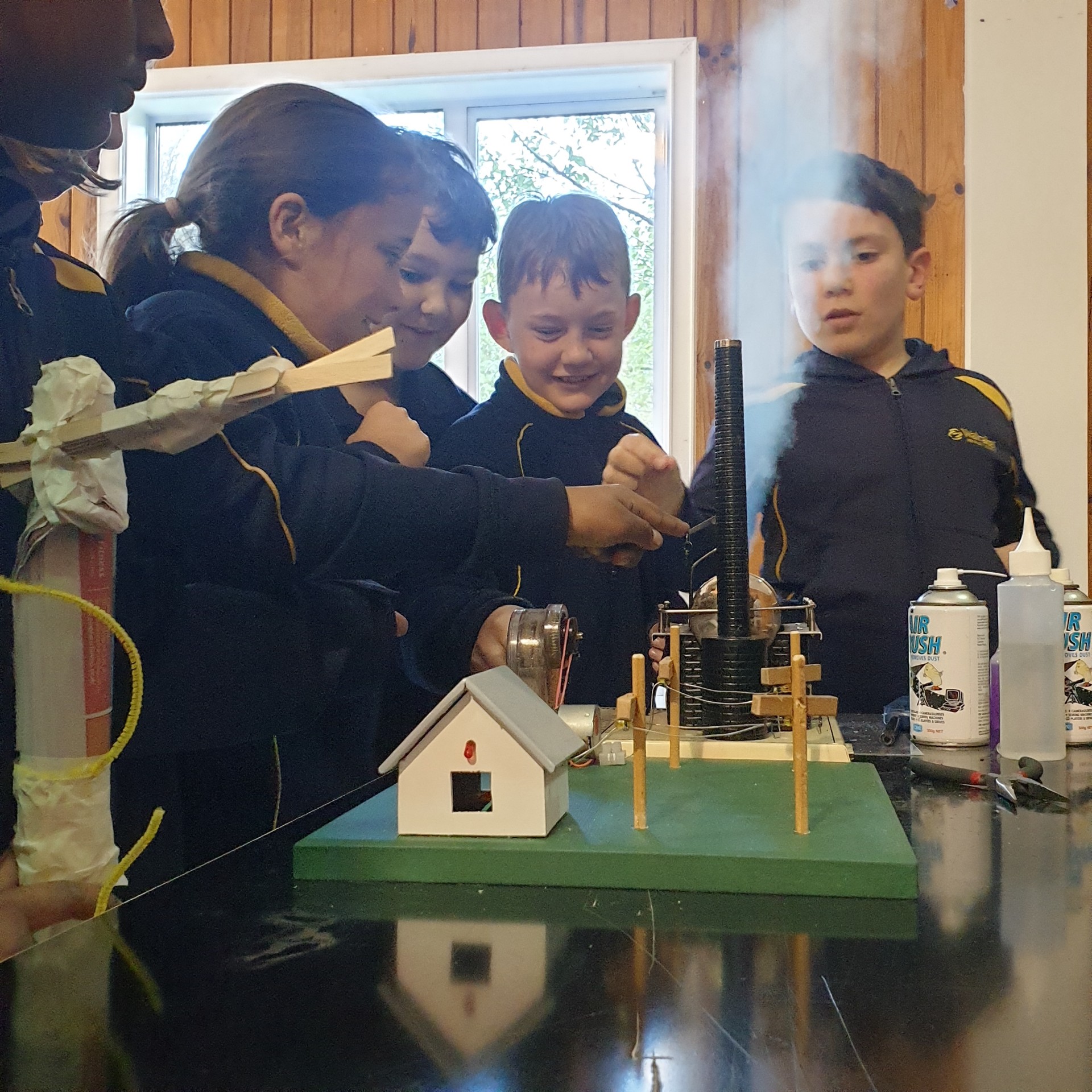
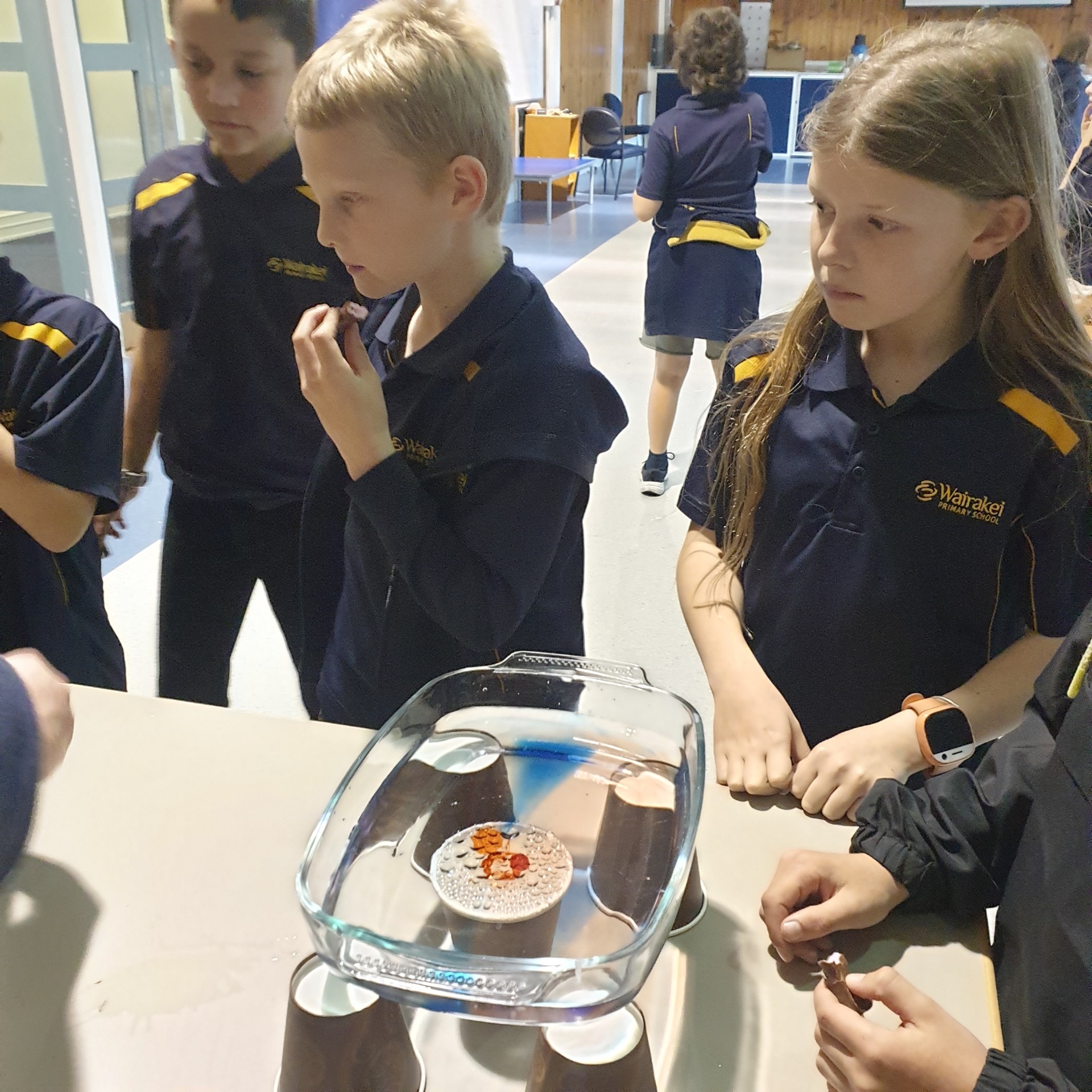
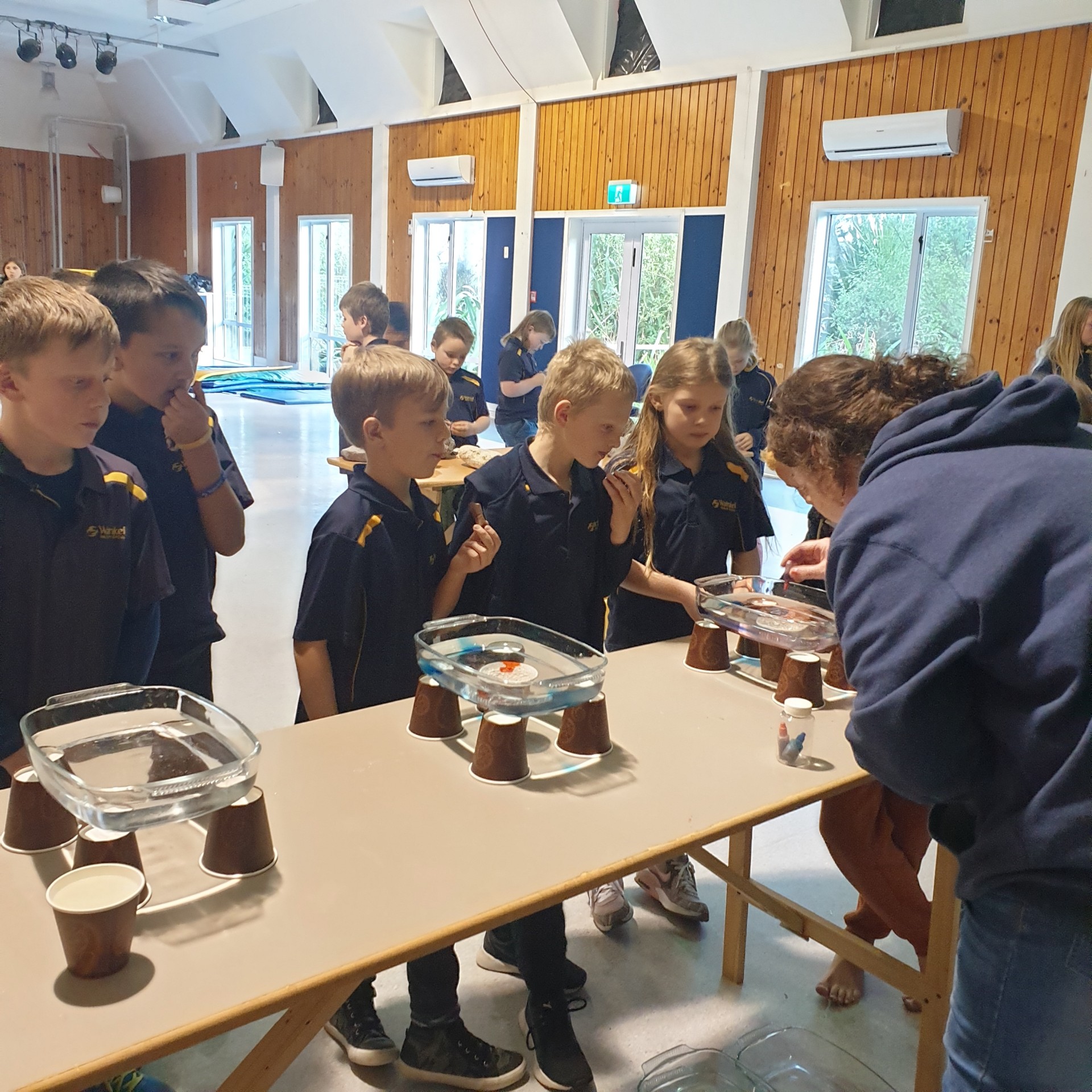
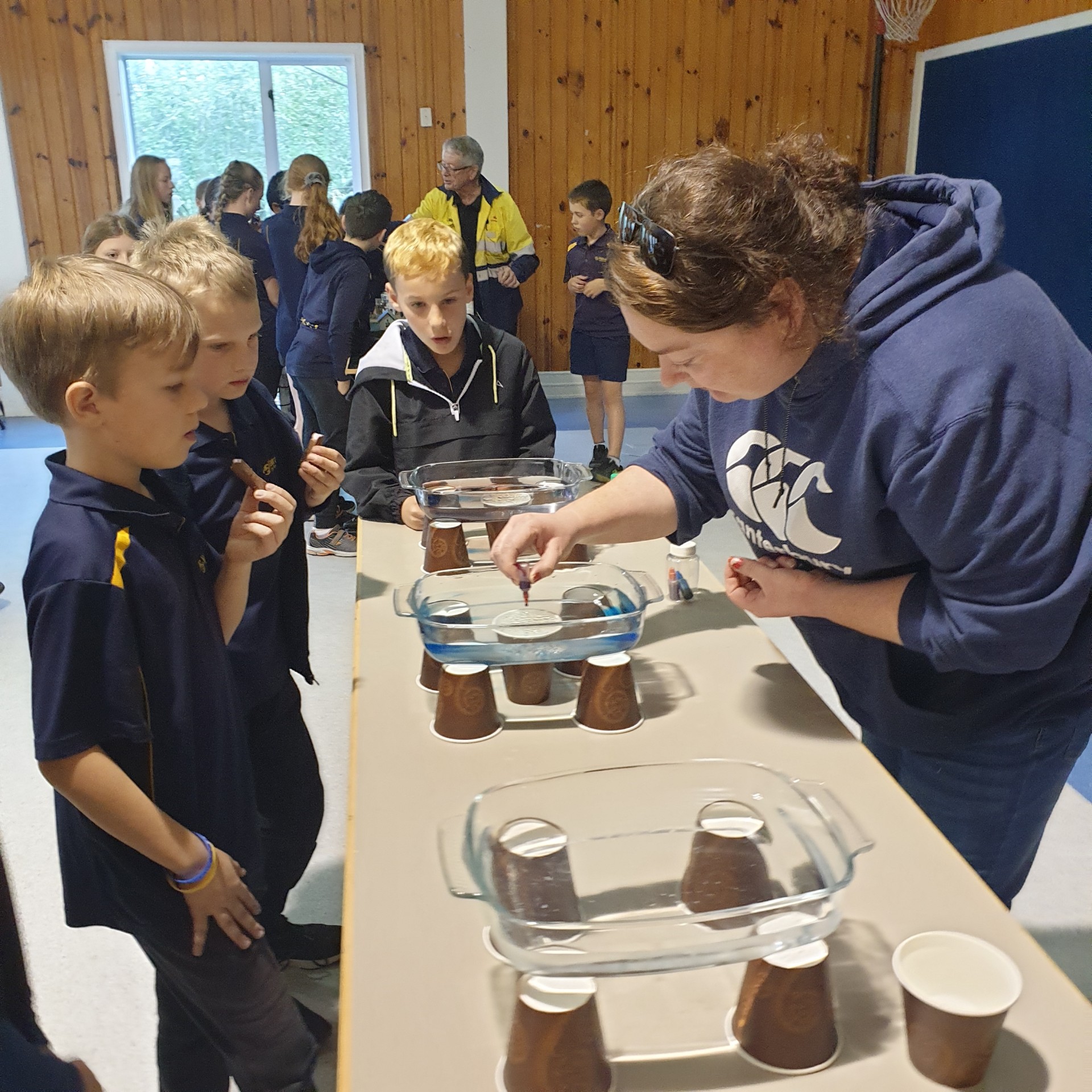
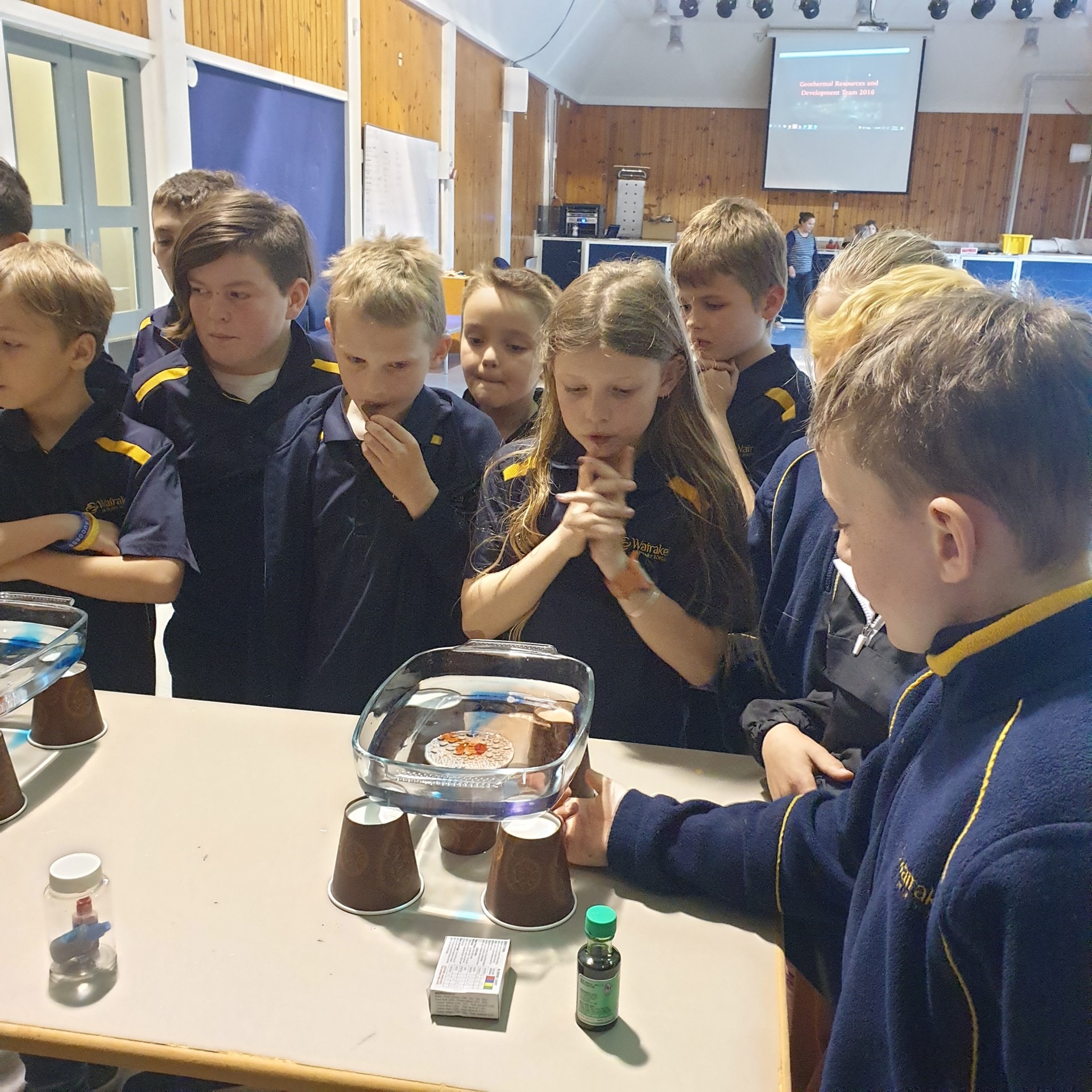
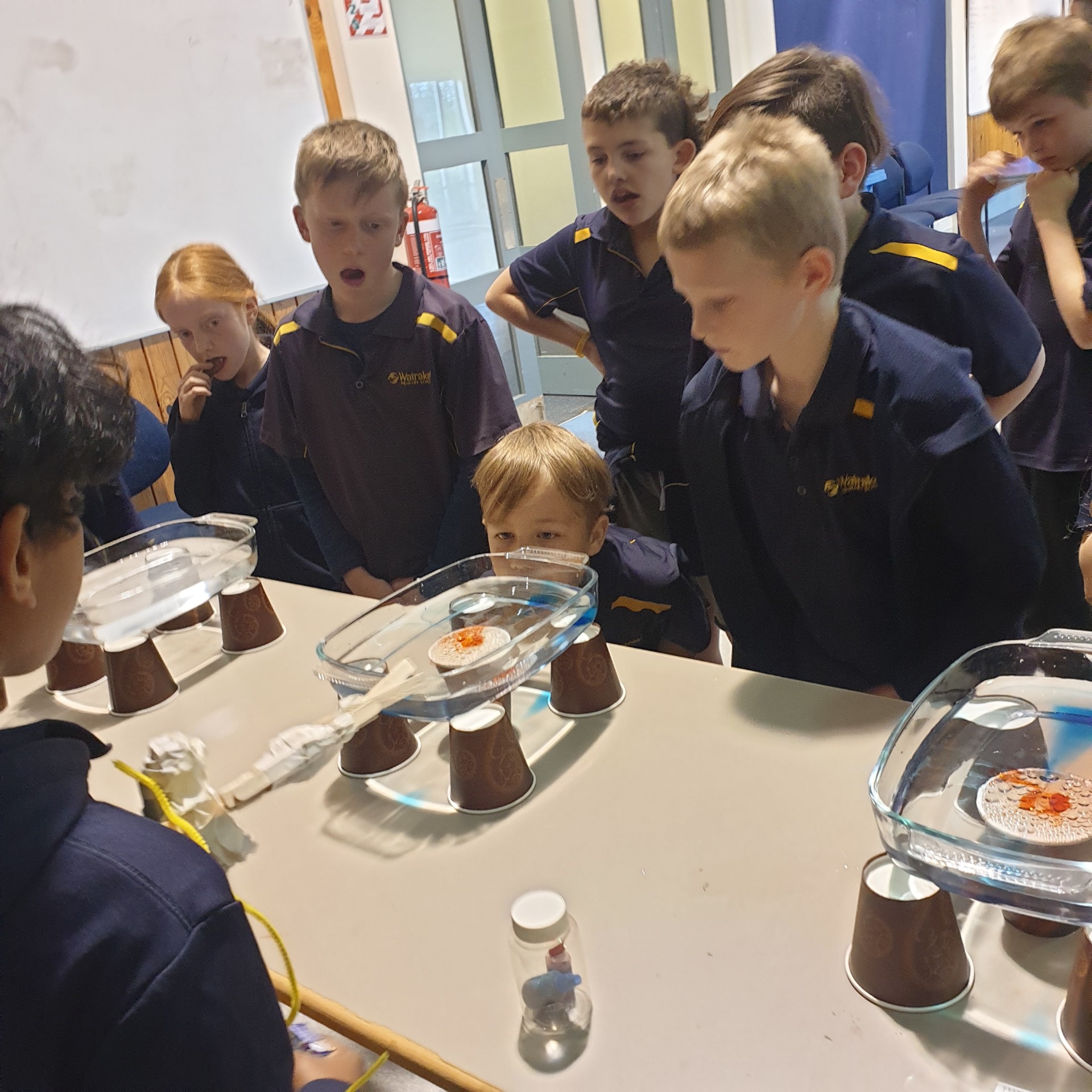
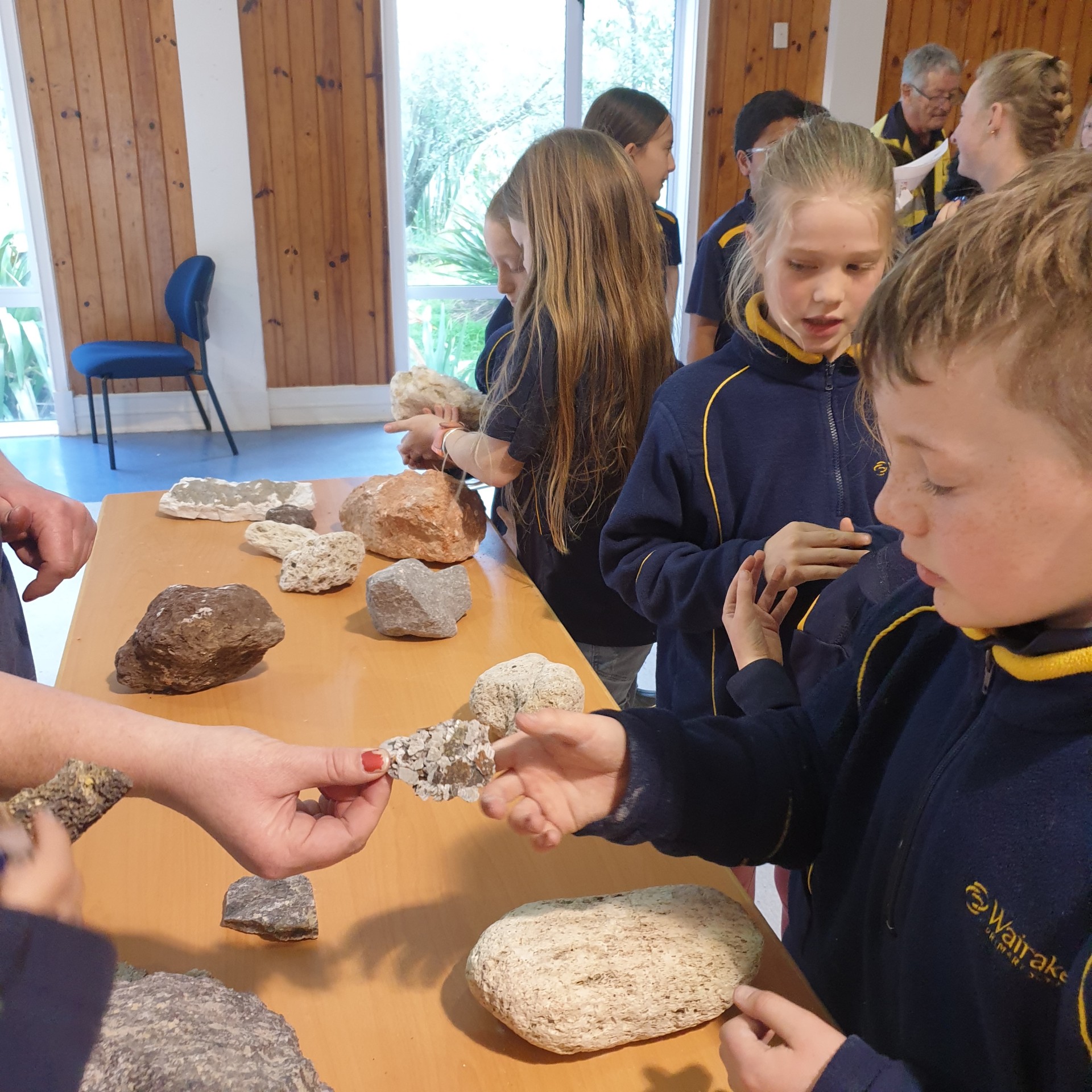
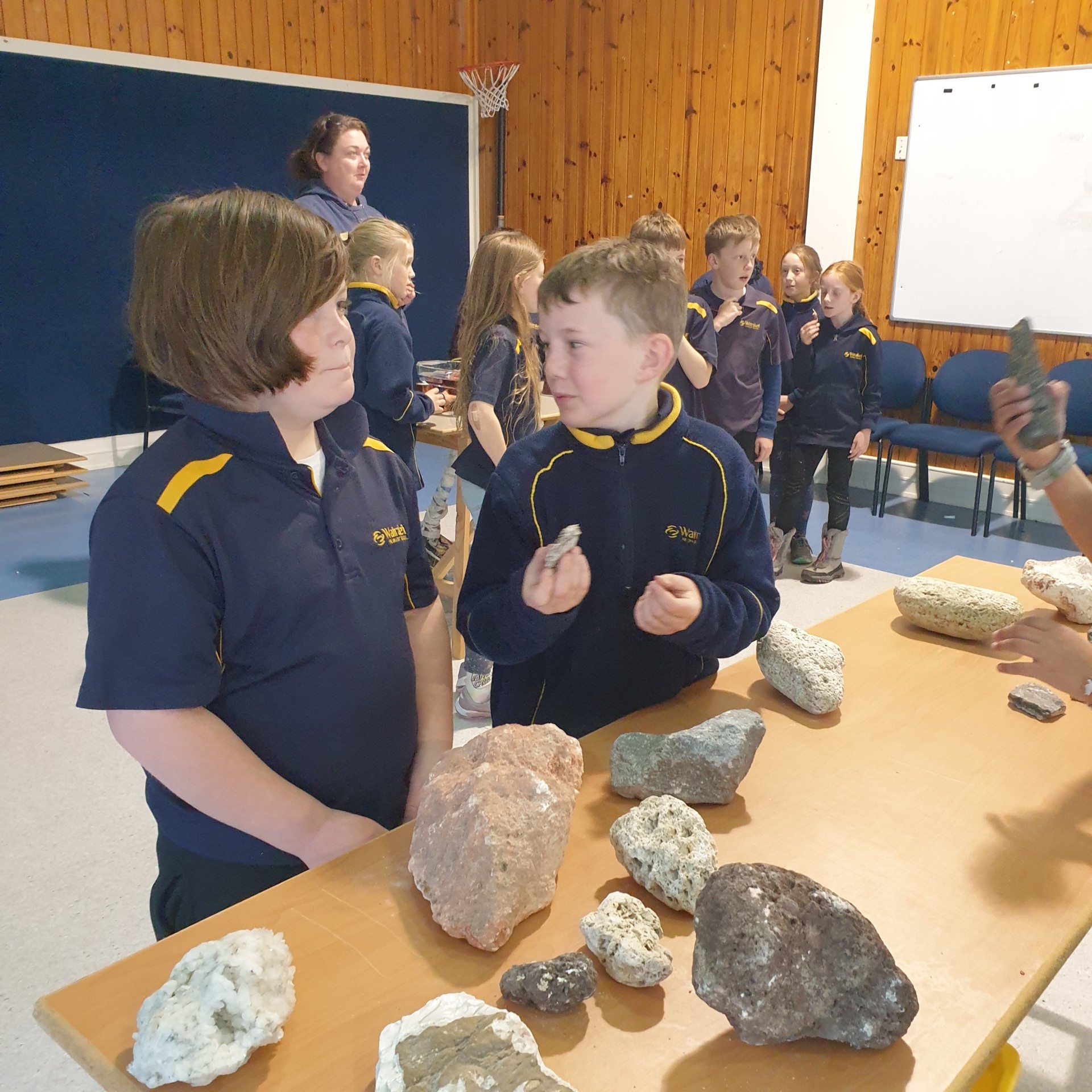
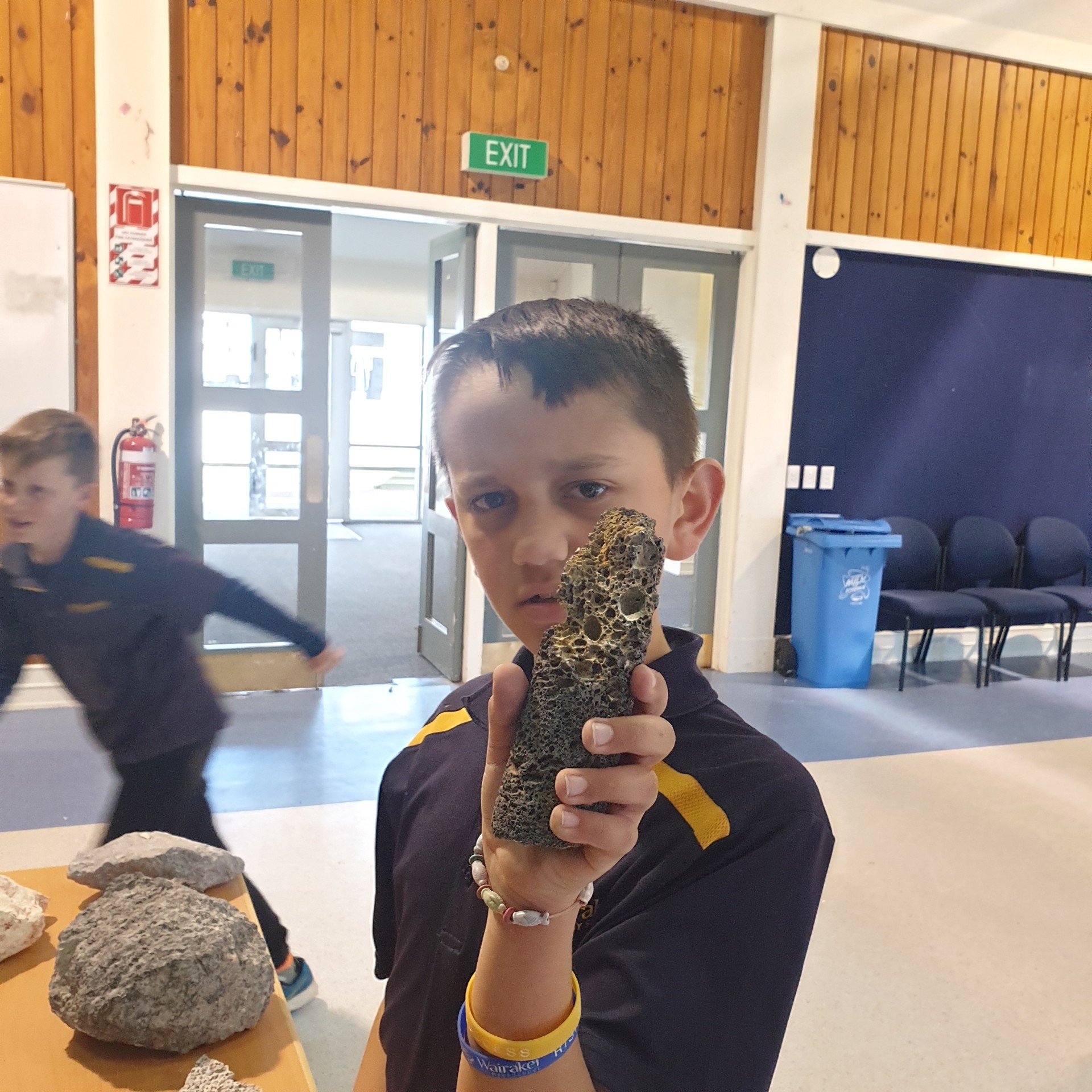
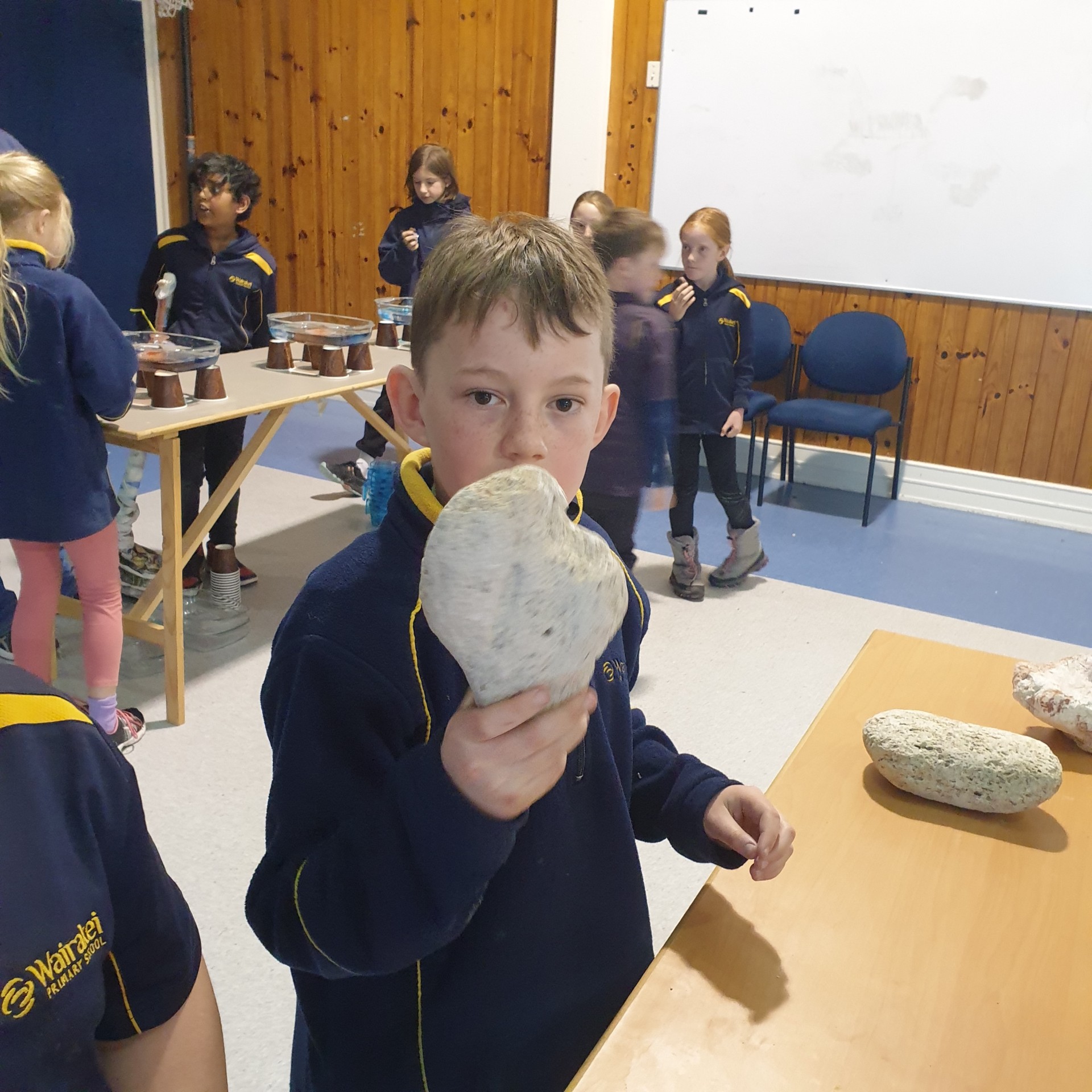
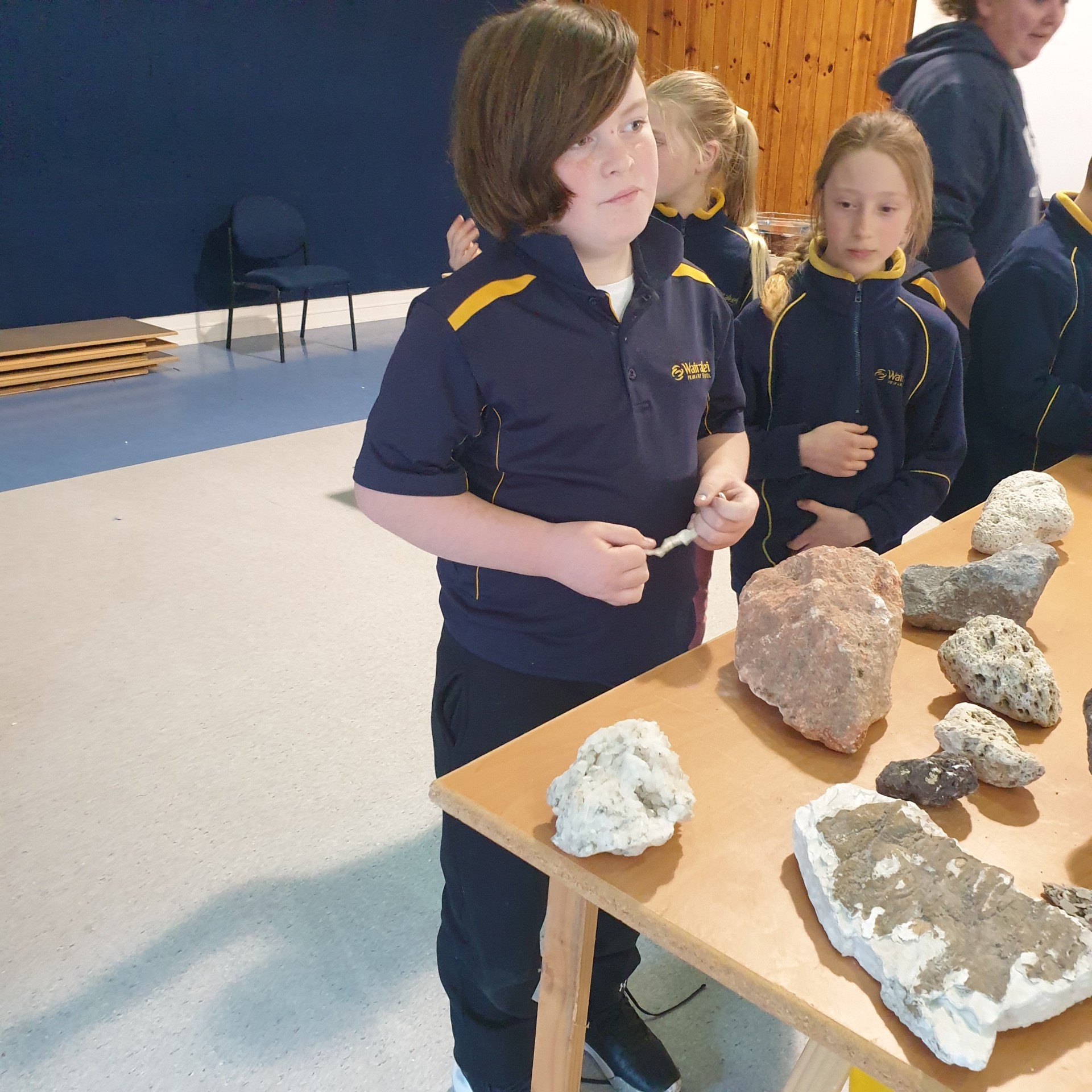

Comments are disabled for this post.